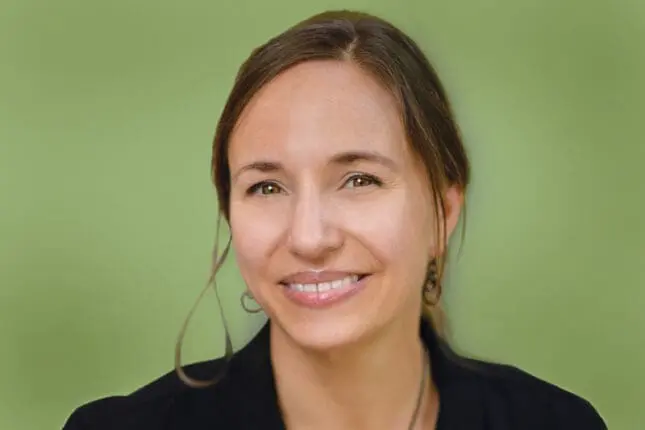Enjoy the audio preview version of this article—perfect for listening on the go.
Longtime subscribers coming to this page are accustomed to seeing Rich Simon—wearing whatever brightly colored, button-down shirt he’d donned for his latest headshot. For 44 years, Rich was the editorial genius, Symposium ringmaster, and public persona of Psychotherapy Networker. And it saddens me tremendously that you’re not finding his face or words here today.
As many readers already know, Rich died in November—a devastating loss for his family, his numerous friends and colleagues, and the entire psychotherapy community. In one way or another, his exuberance and brilliance touched every one of us. So it’s particularly hard to take in the fact that after decades of struggling with bipolar disorder marked by episodes of severe depression, and after countless forms of treatment and support, Rich chose to take his life. That is the heartbreaking reality we’re all coming to terms with.
For therapists, who want more than anything to offer people hope and healing, this news hits especially hard. In the months and years ahead, we at the Networker plan to encourage a continuing conversation around the complex issues surrounding bipolar disorder, depression, and suicide. For now, as we keep Rich’s light in our hearts, our focus will be on celebrating his courageous spirit and contributions to the field.
Our March/April issue, currently in the works, will be a cover-to-cover tribute to him, and we’ll do our best to capture his palpable joy in the creative process, searching intellect, compassionate mentoring, deep friendships, and unquenchable zest for connection.
Over the many years I worked hand-in-hand with Rich—along with so many talented people on the Networker team—we brainstormed ideas, guided writers, wrestled issues into shape, and met our deadlines (often just in the nick of time). Rich’s passion and enthusiasm made producing a bimonthly magazine an exhilarating adventure. Succeeding him now as editor of this publication, I’m committed to carrying on the tradition he established so well, and maintained for so long, of translating our field’s evolving perspectives into the most engaging, thoughtful writing we can generate.
Part of honoring Rich has been to complete and release this issue of the magazine, which explores how our current pandemic reality is affecting kids and their caregivers. As Rich and our editorial team crafted this issue throughout the fall, we often wondered whether the challenges of remote learning, isolation from peers, and spending too much time with stressed-out parents would still feel relevant as 2021 arrived, along with its promised vaccines.
Unfortunately, some of the topics our authors explore—helping kids cope with anxiety and uncertainty in a pandemic, working with schools to reach struggling students—have become even more pressing now. And other topics, such as confronting the deeply entrenched racism that leads to the adultification of Black children and the denial of their pain, will remain sadly pertinent long after the pandemic has become history.
Who knows what lies ahead this year for children and the people who care for them? Will the unprecedented crisis we’re grappling with spur us to develop new approaches for supporting anxious kids, underserved kids, and overwhelmed schools and parents? Can we create more effective ways to help families under pressure?
These challenges might seem overwhelming, especially in these extraordinary times. But as Rich regularly reminded us, we don’t need to come up with all the answers: what’s important is that we keep asking the questions.
Rich was forever asking questions, ones that always seemed to blast past what we thought we knew about psychotherapy, and even the larger human experience. The legacy he left will keep inspiring us to push further and deeper in the quest for growth—in our communities, our clients, and ourselves.
With Love,
Livia Kent
Livia Kent
Livia Kent, MFA, is the editor in chief of Psychotherapy Networker. She worked for 10 years with Rich Simon as managing editor of Psychotherapy Networker, and has collaborated with some of the most influential names in the mental health field on stories that have become widely read articles and bestselling books. She taught writing at American University as well as for various programs around the country. As a bibliotherapist, she’s facilitated therapy groups in Washington, DC-area schools and in the DC prison system. In 2020, she was named one of Folio Magazine’s Top Women in Media “Change-Makers.” She’s the recipient of Roux Magazine‘s Editor’s Choice Award, The Ledge Magazine‘s National Fiction Award, and American University’s Myra Sklarew Award for Original Novel.












